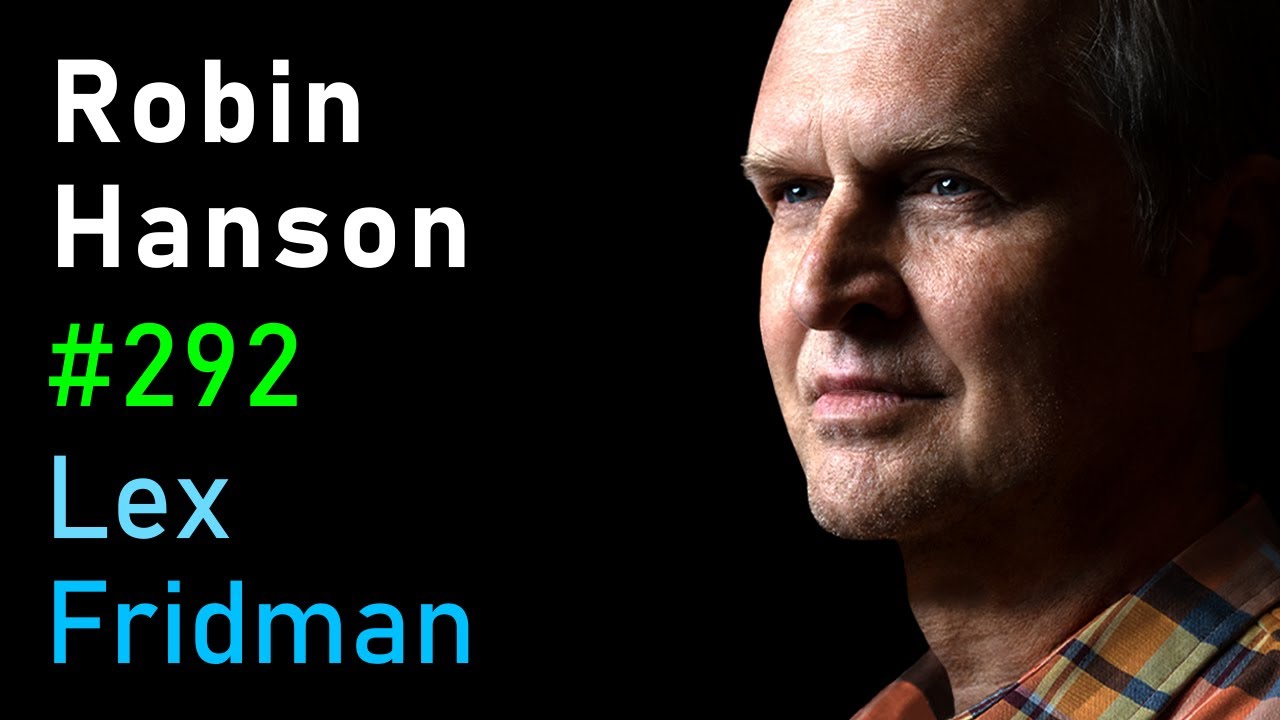George Mason University economics professor Robin Hanson is one of the most original and prolific thinkers I know of. He is a pioneer in prediction markets, invented the concept of the Great Filter as an explanation of the observed rarity of intelligent life in the universe, and has demonstrated just how far you can get exploring matters such as a future dominated by computer emulations of human brains, hidden motivations of human behaviour, and alien civilisations that expand and prevent development of competitors within their territory by applying the principles of classical economics and rigorously following the data wherever they lead.
You’d expect a four hour conversation with Robin Hanson to be a treat, and this wide-ranging discussion with Lex Fridman does not disappoint. Here is a table of contents of topics and times in the video where they are discussed.
0:00:00 — Introduction
0:01:52 — Grabby aliens
0:39:36 — War and competition
0:45:10 — Global government
0:58:01 — Humanity’s future
1:08:02 — Hello aliens
1:35:06 — UFO sightings
1:59:43 — Conspiracy theories
2:08:01 — Elephant in the brain
2:21:32 — Medicine
2:34:01 — Institutions
3:00:54 — Physics
3:05:46 — Artificial intelligence
3:23:35 — Economics
3:26:56 — Political science
3:32:45 — Advice for young people
3:41:36 — Darkest moments
3:44:37 — Love and loss
3:53:59 — Immortality
3:57:56 — Simulation hypothesis
4:08:13 — Meaning of life


